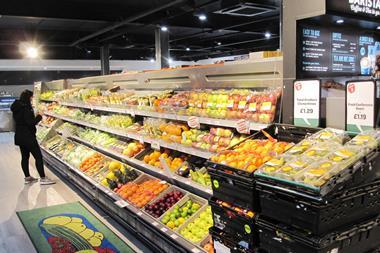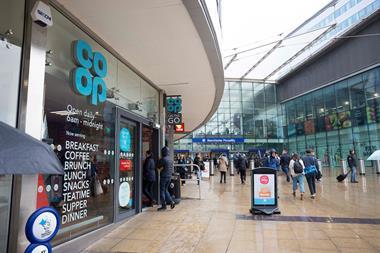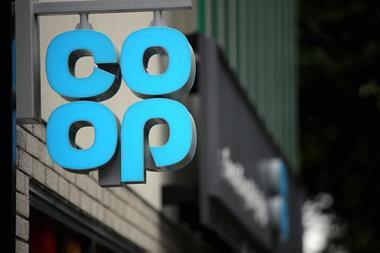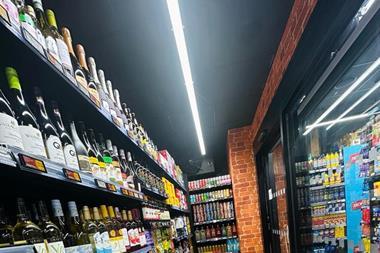Grocery sales growth slowed to +1.8% in the Christmas period, as shoppers opted for more frequent, smaller trips to a wide range of supermarkets, according to new Nielsen data.
Over a four-week period ending 29 December, grocery sales growth slowed to almost half the growth (+3.7%) enjoyed at the same time last year, with the average spend per visit falling by -3%, compared with an increase of +3% in average spend in December 2017.
In the four weeks to Christmas, there was improved sales growth at Tesco and Morrisons, while momentum at Asda and Sainsbury’s slowed.
Nielsen’s UK head of retailer insight, Mike Watkins, said: “Growth slowed this Christmas in comparison to last. We can attribute this to several factors: consumer grocery shopping habits are changing, with shoppers now opting to spend less on doing one ‘big shop’, instead preferring more frequent, smaller trips to the supermarket, spreading the cost across multiple retailers to increase choice.
“Moreover, with over half (57%) of consumers not confident about their finances, shoppers are more budget-conscious and the various promotions and price cuts are a response to help them manage their household budget. Finally, the incremental growth continues to come from the key categories of drinks, confectionery and snacks.
“It was a reasonable but not spectacular Christmas, indicative of how shoppers will now spread their Christmas spending across more retailers and different channels.”
Comparing a 12-week period ending 29 December with the same in period of time in 2017, the Co-op Group (+2.6%) remained ahead of Sainsbury’s (-0.6%), Asda (+0.8%) and Tesco (+0.4%), Nielsen said, while among the main discounters, Aldi (+13.6%) outperformed Lidl (+11.7%) over the same period.

























No comments yet